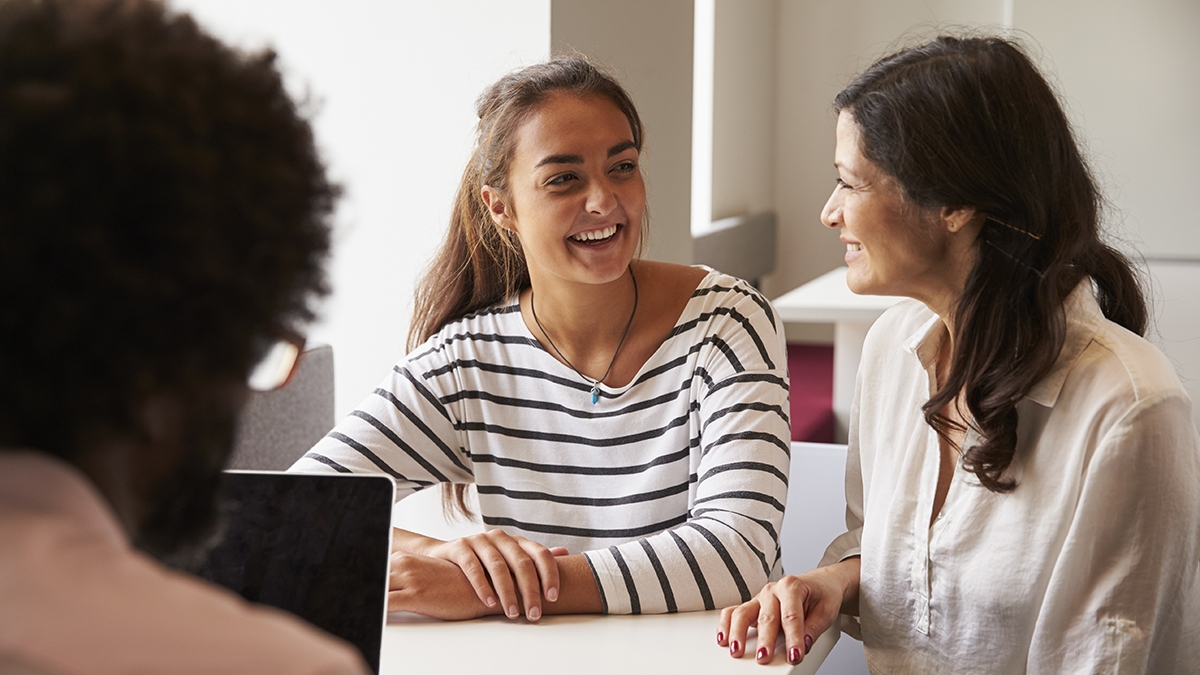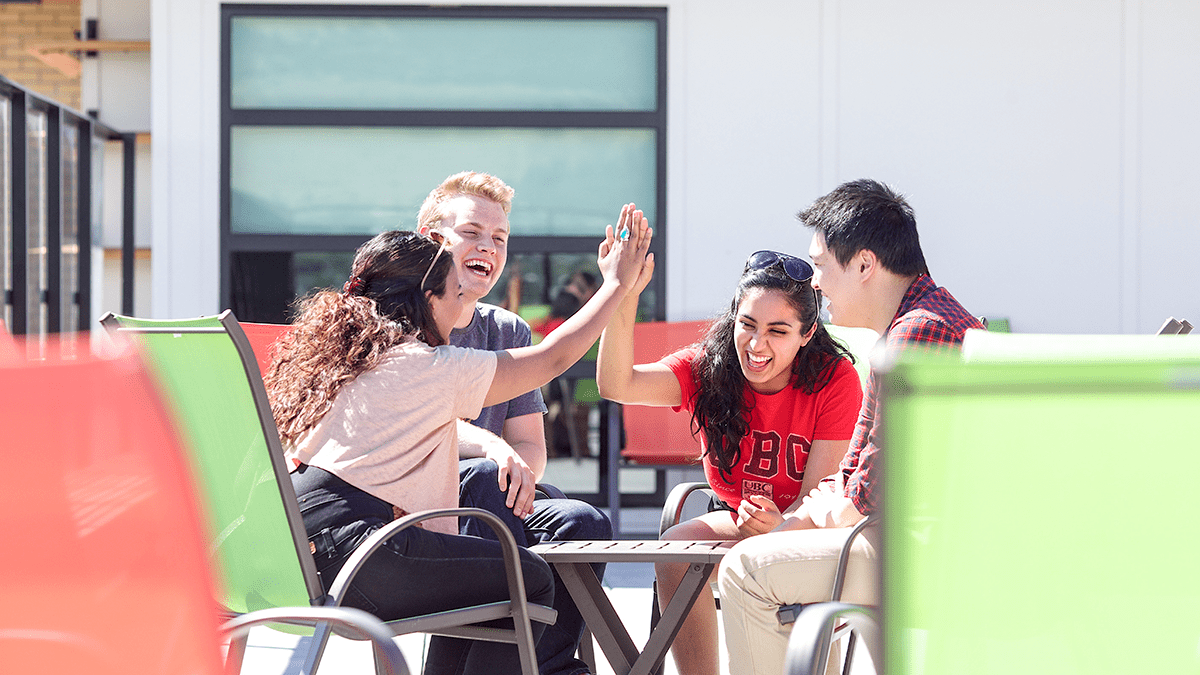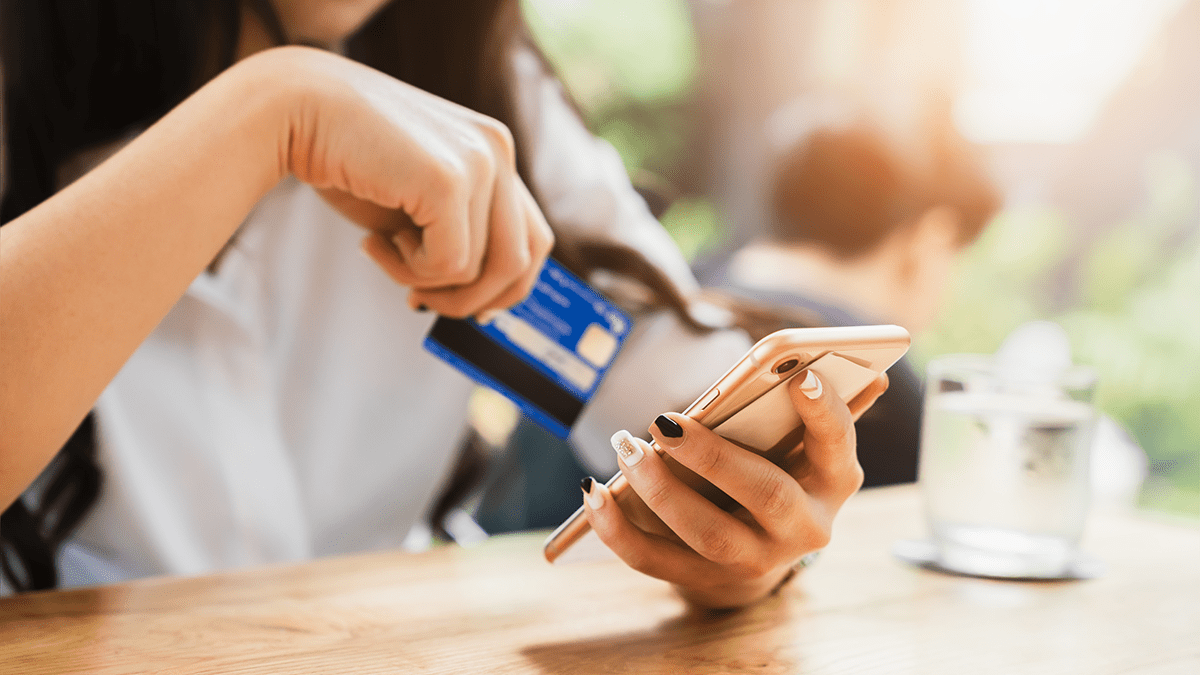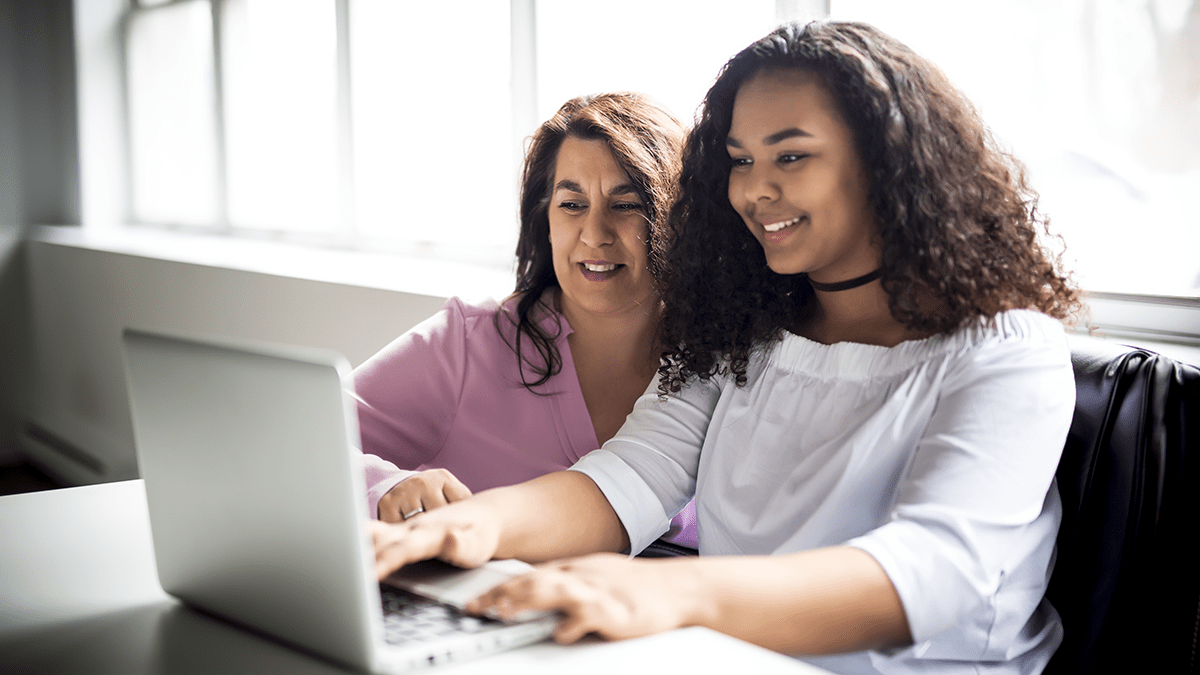
By Lakshmi Sangaranarayanan, Director, Student Residence
Welcome!
At UBC, we’re big believers in the benefits of living in residence. Here are ten essential tips to get the most out of your time as a UBC student.
1. Live in residence
Residence facilities, staff, programs and services make it easy for you to:
- meet new people
- feel part of UBC
- live in a study-oriented atmosphere
- find help for academic and personal challenges
- try new activities
- have tons of fun
- get shopping, cooking and cleaning done
2. Attend all your classes
It’s the best way to stay on your academic game. Education costs money and takes time, so make every bit count.
3. Talk to your profs
Ask questions in class, after class and during office hours. Professors remember the students who talk to them and show interest in learning.
4. Consider a part-time job
But make sure you can still study and have time for friends. Limit work hours to 10–12 per week. For a short commute and to meet fellow students, consider a job on campus—there are plenty. Stop by the UBC Career Centre for more information.
5. Advocate for yourself
If you need something, ask for it. Start by asking the person right next to you. If they can’t help, seek suggestions about who can. And if you have a legitimate complaint (about, say, your living situation or a grade you received), propose a solution.
6. Friendships to last a lifetime.
This is a time to build new, lasting friendships. You’ll need your friends during the ups and downs of your year. You can also bring people together by introducing new friends to one another. But remember to keep old friendships strong, near or far.
7. It’s OK to just be roommates—not fast friends
You might not become forever friends with your roommate(s), but you do need to find a way to live together respectfully. Make a contract with your roommate(s) that outlines housekeeping standards, schedules and costs; using and borrowing each other’s things; and a policy on guests. If you live in residence, ask your Residence Advisor for the roommate agreement that can help you and your roommate(s) discuss your expectations.
8. Do something
Get involved in a club, group, association, team or volunteer work. You’ll meet new friends and feel part of UBC. You’ll also feel good knowing that you’re helping others, are part of a bigger purpose, and possibly learning professional skills. Here are a few ideas:
• Attend Clubs Fair in September.
• See UBC Recreation to browse activities and intramural sports.
• Search for volunteer opportunities.
9. Use campus resources
Learning and social resources are at your fingertips. Student Services is a one-stop-shop for information.
10. Create a schedule and follow it
Now that you’re at university, you’re the one who decides how to use your time. Schedule time to study, work, socialize. Don’t forget “me time.” It’s important to find a balance between all these important elements that make up your life.







